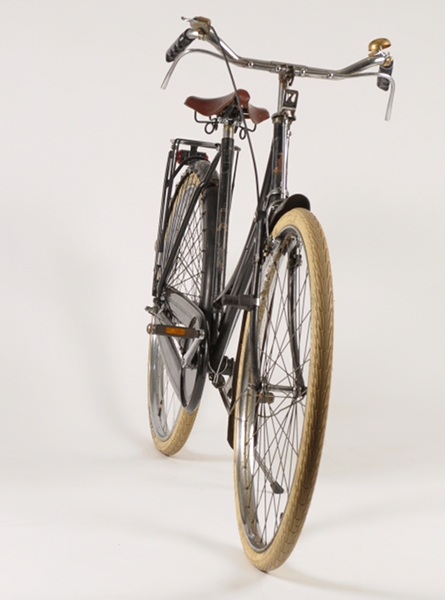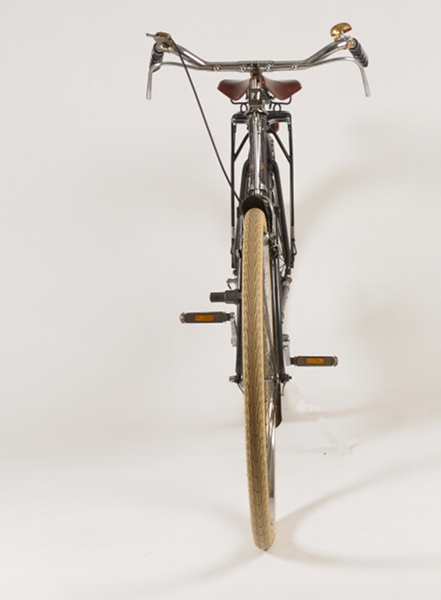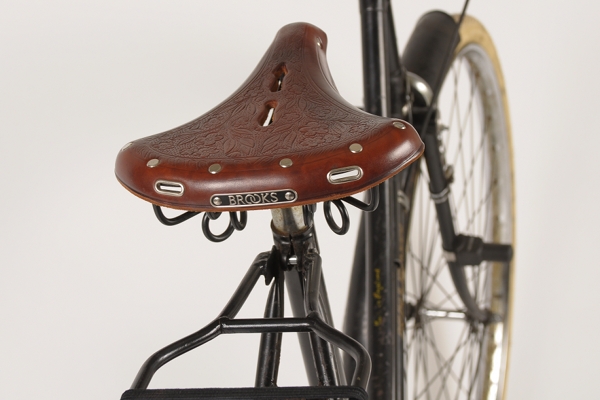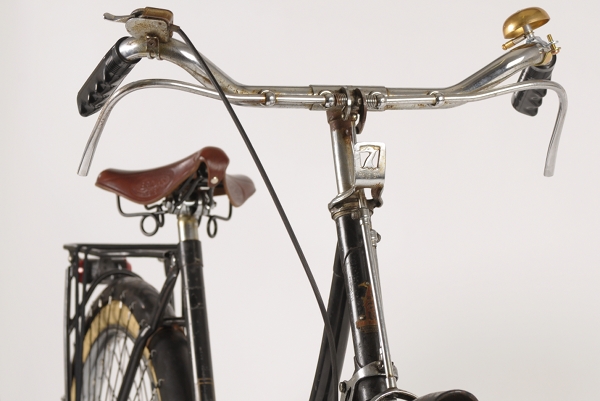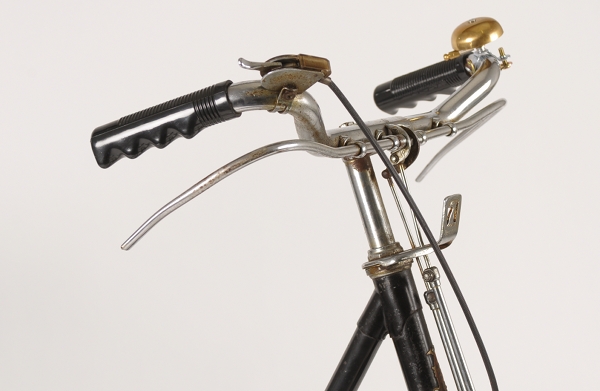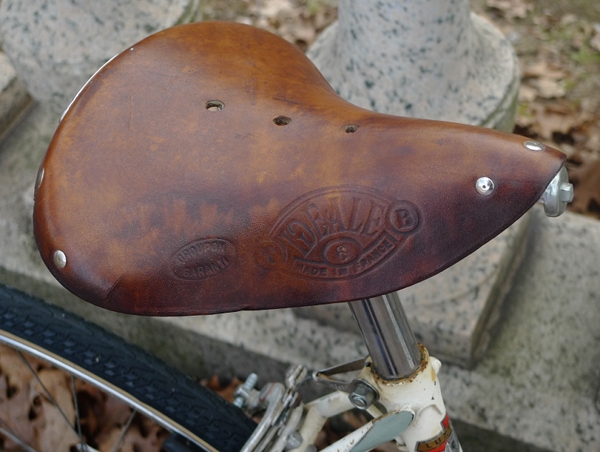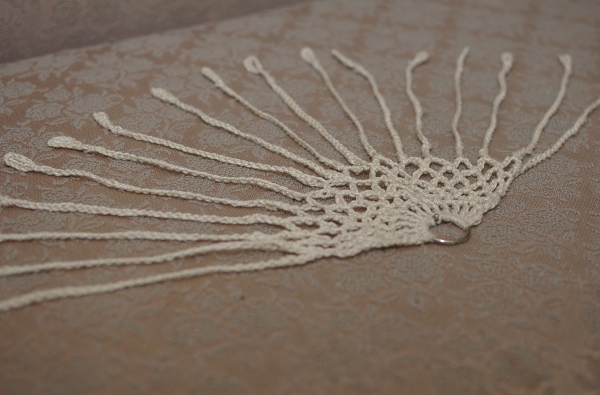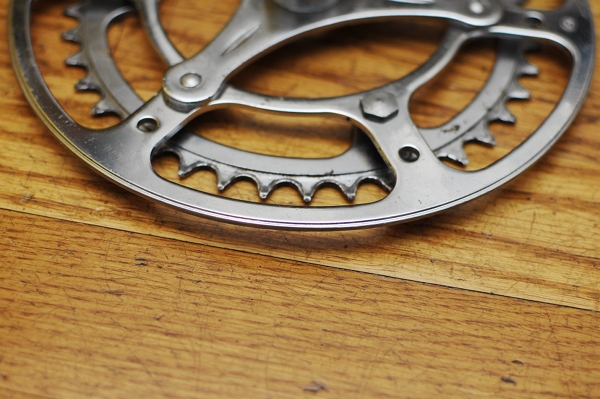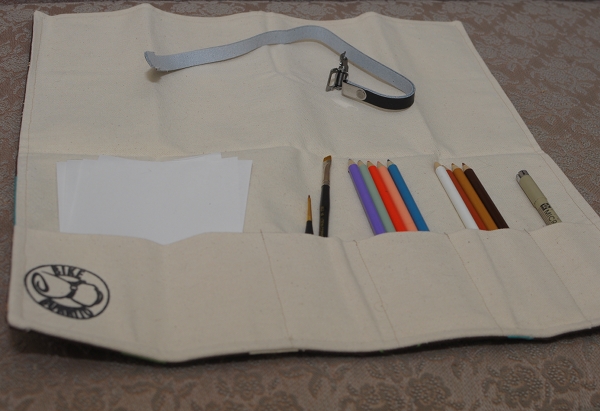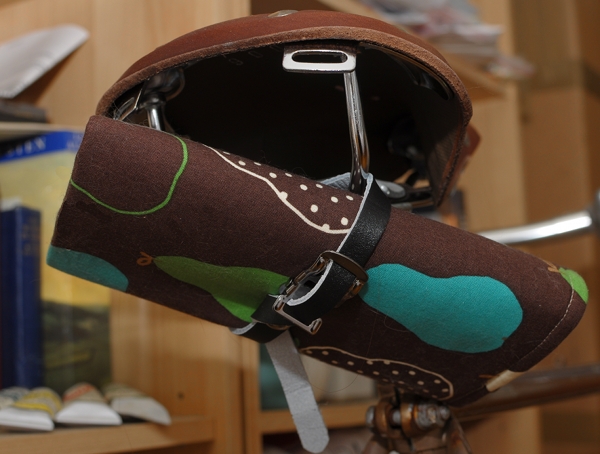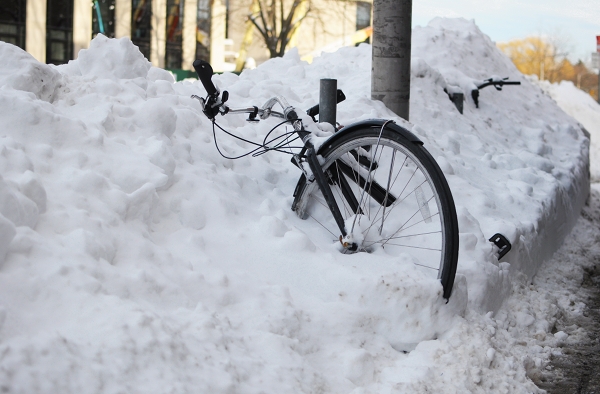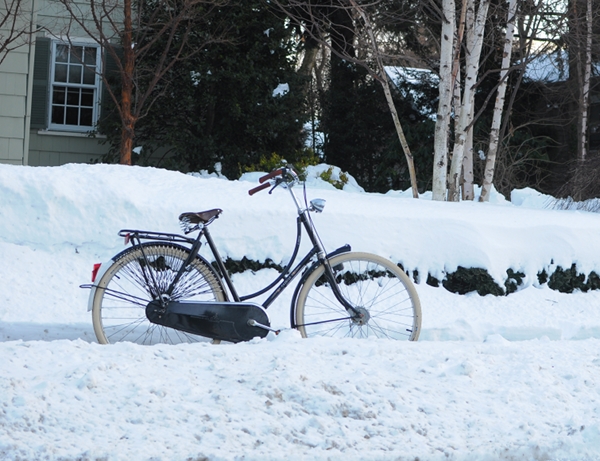
When an Olympic athlete, a cyclist, or a baseball player tests positive for performance enhancing drugs, it is a big scandal. It makes huge headlines. When a football player, a WWE wrestler, or a professional fighter is discovered to be on the juice, it is not nearly as scandalous. In fact, the fans of those sports could care less. Then, you have NASCAR where cheating is virtually admired. Why is there a difference? And what does it have to do about the fundamental nature of sports?
There are essentially two traditions in sports. The first tradition is the Greek tradition. The ancient Greeks started what were called the Olympic games because they were held in Olympus. Various city states would cease their warfare or whatnot and send their athletes to Olympus. The ancient Olympics were a combination of sport, religion, and art. There was some politics as well as since winning a competition brought great pride to the city-state much as it does to countries competing today. The ancient Olympic games began in 776 BC and continued until 393 AD, an impressive run.
The Romans had a sporting tradition as well, but it was much bloodier. Their tradition is marked by two locations--the Circus Maximus and the Colosseum. The Romans raced chariots at the Circus Maximus, and there were often spectacular crashes with charioteers getting fucked up or killed. You can watch
Ben Hur to get the idea. The Colosseum was a huge arena where great spectacles and human suffering played a huge role. The most well known of these spectacles was gladiatorial combat where armed men would fight often to the death. Rome had smaller venues throughout their empire that were just like the Circus Maximus and the Colosseum.
The difference between the Greek and Roman traditions is evident. The Greeks were about virtue. They aspired to something nobler and higher. You can see this all throughout Greek culture. The Greeks had idealized statues showing perfect forms. They appealed to what was best in humanity.

The Romans were much cruder and realistic. You can see this in their statues as they portrayed their subject warts and all. Likewise, their sporting events were spectacular but appealed more to the visceral impulses than any sort of ideal. Where Greeks aspired to the laurel wreath, Romans just wanted their blood and guts.

In modern sports, we see both of those traditions alive and well. The modern Olympics, track and field, cycling, and baseball fall into the Greek tradition. Football, NASCAR, and MMA fall into the Roman tradition. This is why baseball fans were so shocked to discover their big names were not virtuous at all but were on the juice. Football fans and MMA enthusiasts probably wish their athletes were on steroids. For Greek tradition sports, discovering your heroes are cheaters is like finding out Santa Claus isn't real. For Roman tradition sports, finding out only increases the entertainment value. Baseball fans started tuning out their game when their steroids scandal broke. Lance Armstrong fans continue to be in heavy denial.
The fundamental nature of sports is an important issue to consider. Are sports a noble activity? Or are they simple entertainment? The reality is that it is entertainment. The sports as nobility thing ended the moment an athlete took a paycheck. This is why the Olympic games are drenched in doping. The Olympics are big business, but it is business based on a lie. The fans of those sports are awakening to the lie, and they are tuning out. The Romans had it right. They wanted their entertainment, and it wasn't pretty. But at least it was real.
The fans in the Greek tradition want more drug testing and all that. They are fooling themselves. This will never work. The fact that so many are doping and that the dopers stay one step ahead of testers reminds me of government efforts to fight alcohol during Prohibition and to fight drugs today. It is delusion and folly to think the testers will ever win this battle. The answer is to let doping happen. But to do this, the fans of those Greek tradition sports will have to become Roman in their thinking. They will have to accept sports as entertainment and not noble activity. If you're going to do that, why watch sprinters and baseball players when you can watch grown men in spectacle?
The evidence is in. The noble sports are sliding in attendance and ratings while the entertaining sports such as football, MMA, and NASCAR hold top or growing positions for the attention of male fans. Then, you have the in-between sports. Basketball is one of these sports. Seeing those dunks is spectacular entertainment, but the NBA has been sliding into oblivion ever since Michael Jordan left the game. This is because Jordan was a hero. Likewise, the NHL is a game of hard checks and even fights. But it has a tradition like baseball. Hockey can't make up its mind whether it wants to be noble or bloody.
Sports are entertainment. That is the bottom line. The Romans had it right. The people want to be amused. You can try and inspire them, but this is just so much bullshit. It is no coincidence that the Olympics combined sports with religion, politics, and art. This is because they are all bullshit. All of them leave you disappointed. Say what you will about the Circus Maximus and the Colosseum. When you went to those places, you were going to get a good show.
But fans in the Roman tradition can be betrayed as well. Professional wrestling is a spectacle, but it is fake. Likewise, MMA has taken over from boxing primarily because boxing had so many rigged fights. True fans want non-fiction not fiction. They can handle cheating just fine. They just can't abide fakery. Anything that leads to a predetermined outcome is fake for these people. It kills the suspense to realize the contest is not real.
Greek tradition sports could clean themselves up fairly quickly if they were willing to eliminate the money. But they aren't going to do this. As long as there is cash to be made, there will be doping. It is an unwinnable deal, and those fans face nothing but a future of disappointment. This is why I want Lance Armstrong to go down so badly because it will show what a myth that guy is.
If you want to be a sports fan, the answer should be clear to you. Go with football and MMA. Fuck baseball. Fuck heroes. Just get yourself some beer, some brats on the grill, and a comfy chair. Then watch the spectacle. It is the difference between watching a chick flick and watching a porno. Ulimately, you want to bust that nut. Likewise, sports is where you watch grown men suffer, hurt, and bleed. Can there be virtue there? Absolutely. There is toughness and endurance and courage. You can find things to admire in these anti-heroes. They ain't pretty, but they put on a hell of a show. They don't compete for the gods. They compete for you.
---
NOTES
Ancient Olympic GamesCircus MaximusColosseumGladiator





